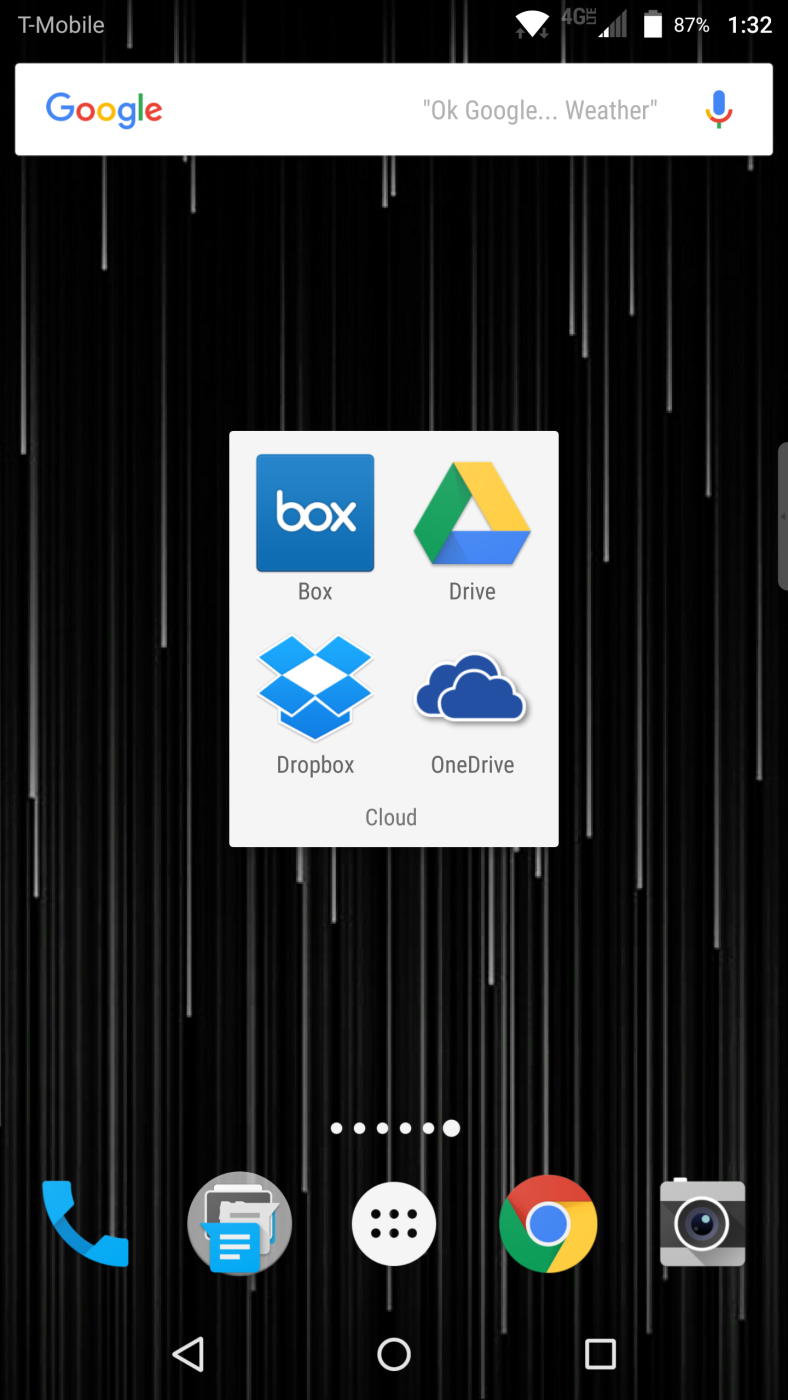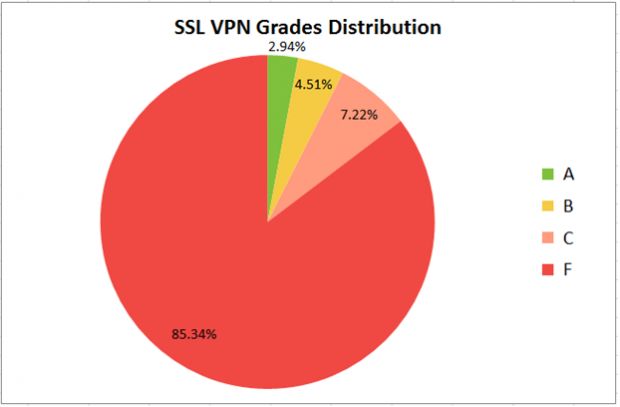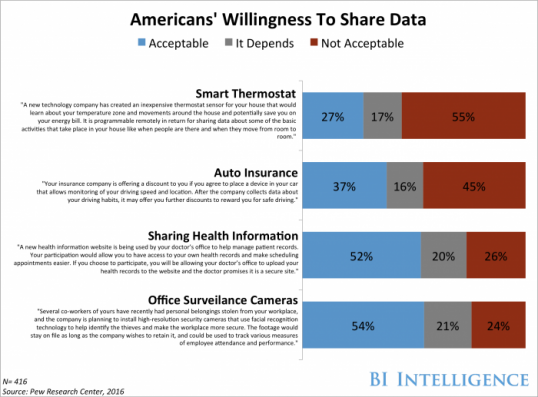The U.S. National Science Foundation will spend more than US$400 million over the next seven years to fund next-generation wireless research in an effort to bring super-fast mobile service to the country.
U.S. officials hope the investments, announced Friday, will speed up the county’s move to next-generation 5G mobile service, potentially offering speeds of 10Gbps, and allow for a rapid expansion of the internet of things.
The next-generation mobile services will enable self-driving cars, an “always on” IoT, smart cities, new virtual reality offerings, and video to aid police, firefighters, and emergency medical responders, said John Holdren assistant to President Barack Obama for science and technology.
“Time and again, history has shown us that when we make sustained federal investments in fundamental academic research and in public-private partnerships … we as a nation reap the benefits,” Holdren said at an NSF event in Washinton, D.C., Friday.
The NSF funding, part of a new White House Advanced Wireless Research Initiative, includes $50 million as part of a partnership with more than 20 mobile companies and trade groups to roll out advanced wireless testing sites in four U.S. cities. The testing will include deployment of small cells to boost signals of high-band, millimeter wave spectrum.
Friday’s announcement piggybacks on a Federal Communications Commission vote Thursday to open up nearly 11 gigahertz of high-band spectrum to 5G and IoT services.
The NSF expects to spend $350 million over the next seven years on fundamental research and testing of next-generation wireless technologies, the agency said.
The FCC and other agencies want to focus on making spectrum available so that wireless companies can experiment with the best ways to deliver new services, said FCC Chairman Tom Wheeler. Some countries have pushed to set 5G standards before moving forward, but not the U.S., he said.
To read more and the original story follow this link to Network World.








